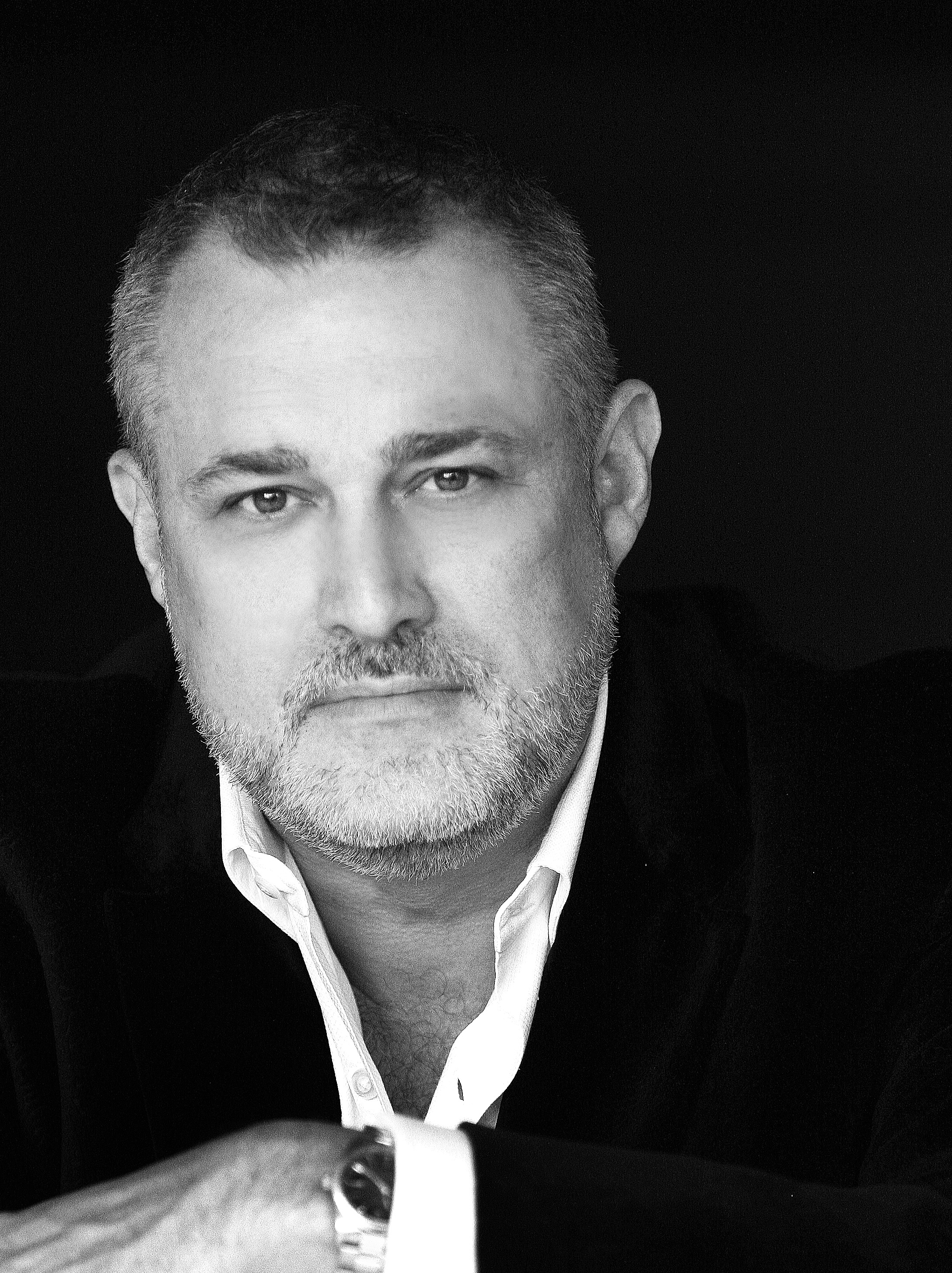 I'm honored to have Jeffrey Hayzlett as a guest blogger.
Whether in life, or in business, there’s no cookie-cutter, surefire way to achieve success, no one plan you have to follow. We all carve our own niche, create our own success, but there are some things all successful entrepreneurs have in common: they Think Big and Act Bigger. Meaning, they tie visions to actions—go beyond the stories and excuses, the self—imposed limitations, preconceived notions and constraining structures to become the biggest, baddest, best versions of themselves.
I'm honored to have Jeffrey Hayzlett as a guest blogger.
Whether in life, or in business, there’s no cookie-cutter, surefire way to achieve success, no one plan you have to follow. We all carve our own niche, create our own success, but there are some things all successful entrepreneurs have in common: they Think Big and Act Bigger. Meaning, they tie visions to actions—go beyond the stories and excuses, the self—imposed limitations, preconceived notions and constraining structures to become the biggest, baddest, best versions of themselves.
Here are five principles that have helped me stay on track throughout my career:
Be Authentic I consider myself a successful businessman, but that success doesn’t come from trophies or accolades. It comes from being me all the time. It’s OK if you’re not everyone’s cup of tea; it’s going to happen. Some of the best people I’ve met act the same way in public (or in a business setting) and at home. That authenticity comes through in every setting – during a meeting or at a keynote. There’s no need to second-guess their motives and they exude trust.
If you’ve been conditioned to think that being yourself is risky, ask yourself why? To me, that sounds exhausting. Having to pretend to be someone else is no way to live. How can your business stand for something when you can’t even stand up for yourself? Being anything less than yourself could have serious repercussions for your business. It can kill morale, productivity, loyalty, vision and eventually, your bottom line.
Adapt, Change or Die Your story will need to revolve over time. That’s a given! However, many people are afraid of changes, thinking that it will change the core of who they are. That couldn’t be further from the truth. It’s OK to evolve, and to even change your mind about things. That doesn’t change your core. If you refuse to evolve and change with the times, you run the risk of being the dinosaur in the room, and we all know what happened to them. Extinction shouldn’t be part of your plan. Ever!
What’s Your Story? That’s one question I ask everyone I meet. I ask, not only because I am interested, but because I’m curious to see how original their story is. I want to see if they stand up for something or if they’ve crafted their story out of someone else’s experience. For example, I am firmly against TED Talks, not because they’re useless, but because I think they cultivate a false sense of idolatry. There are some great people that speak at TED Talk with great, useful advice. But that’s their story; it will never be YOUR story. There’s no single solution to any problem, so while the TED Talks may inspire many, it can create a sheep mentality and not encourage the individuality I look for in people and entrepreneurs.
What Are Your Conditions of Satisfaction? In business, I always adhere to the following criteria: is it going to make me money, will I grow professionally and am I going to have fun doing it? Those are my conditions of satisfaction. I might consider a business opportunity that satisfies two of the three under the right circumstances, but never just one – no matter how good the money is.
Find out what makes you happy and meet your own conditions of satisfaction. Throughout my career, I have learned that violating those conditions, it never ends up well and it usually ends up costing me some money. So unless your last name’s Rockefeller, I wouldn’t recommend losing money on something that doesn’t interest you.
When in doubt, ask yourself the following questions: 1) Who are you? 2) What do you want to do? 3) Where do you want to go? 4) What is your end game? 5) How does it all connect to the story that sells you?
I’ll leave you with the following: the only thing that ever limited me were the voices in my head telling me I couldn’t do something or needed to do it differently. Basically, get out of your own way, ignore the naysayers and forge ahead. Find your own success.
Jeffrey Hayzlett
Primetime TV & Radio Host, Keynote Speaker, Best-Selling Author and Global Business Celebrity
Jeffrey Hayzlett is a primetime television host of C-Suite with Jeffrey Hayzlett and Executive Perspectives on C-Suite TV, and business radio host of All Business with Jeffrey Hayzlett on CBS on-demand radio network Play.It. He is a global business celebrity, speaker, best-selling author, and Chairman of C-Suite Network, home of the world’s most powerful network of C-Suite leaders. Hayzlett is a well-traveled public speaker, the author of two bestselling business books, The Mirror Test and Running the Gauntlet. His third book, Think Big, Act Bigger, releases September 2015. Hayzlett is one of the most compelling figures in business today.
Jeffrey is a leading business expert, cited in Forbes, SUCCESS, Mashable, Marketing Week and Chief Executive, among many others. He shares his executive insight and commentary on television networks like Bloomberg, MSNBC, Fox Business, and C-Suite TV. Hayzlett is a former Bloomberg contributing editor and primetime host, and has appeared as a guest celebrity judge on NBC’s Celebrity Apprentice with Donald Trump for three seasons. He is a turnaround architect of the highest order, a maverick marketer and C-Suite executive who delivers scalable campaigns, embraces traditional modes of customer engagement, and possesses a remarkable cachet of mentorship, corporate governance, and brand building.
 Fear of speaking may be something people escape by avoiding speaking in public. But it just may be that the fear can be beneficial. Sociologist Margee Kerr, author of Scream: Chilling Adventures in the Science of Fear, noticed a relationship between fear and laughter.
After watching people go through a haunted house, she noted that their screams would turn to laughter. Fear is not a separate state as most people believe, but shares much with other states such as surprise, excitement, and joy. How this arousal state gets interpreted depends on context.
Fear of speaking may be something people escape by avoiding speaking in public. But it just may be that the fear can be beneficial. Sociologist Margee Kerr, author of Scream: Chilling Adventures in the Science of Fear, noticed a relationship between fear and laughter.
After watching people go through a haunted house, she noted that their screams would turn to laughter. Fear is not a separate state as most people believe, but shares much with other states such as surprise, excitement, and joy. How this arousal state gets interpreted depends on context.
 I'm honored to have Jeffrey Hayzlett as a guest blogger.
Whether in life, or in business, there’s no cookie-cutter, surefire way to achieve success, no one plan you have to follow. We all carve our own niche, create our own success, but there are some things all successful entrepreneurs have in common: they
I'm honored to have Jeffrey Hayzlett as a guest blogger.
Whether in life, or in business, there’s no cookie-cutter, surefire way to achieve success, no one plan you have to follow. We all carve our own niche, create our own success, but there are some things all successful entrepreneurs have in common: they 
 Did you ever wonder if there was an Aladdin's Lamp for
Did you ever wonder if there was an Aladdin's Lamp for 
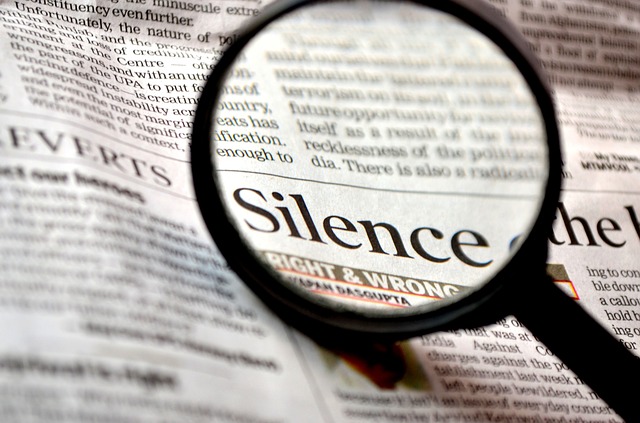 Have you ever made an impact without saying a word? I remember how my father could stop me dead in my tracks with one look. You may have experienced "that look." It meant "Don't even try it. I mean business."
But how do you do that when speaking in public?
Have you ever made an impact without saying a word? I remember how my father could stop me dead in my tracks with one look. You may have experienced "that look." It meant "Don't even try it. I mean business."
But how do you do that when speaking in public?
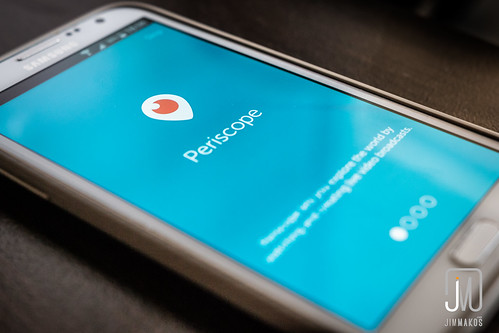
 Whether you’re a solopreneur or an INC 5000 CEO on the fast track, your ability to present yourself, your company, and your value, will determine the trajectory of your business
Here are three
Whether you’re a solopreneur or an INC 5000 CEO on the fast track, your ability to present yourself, your company, and your value, will determine the trajectory of your business
Here are three 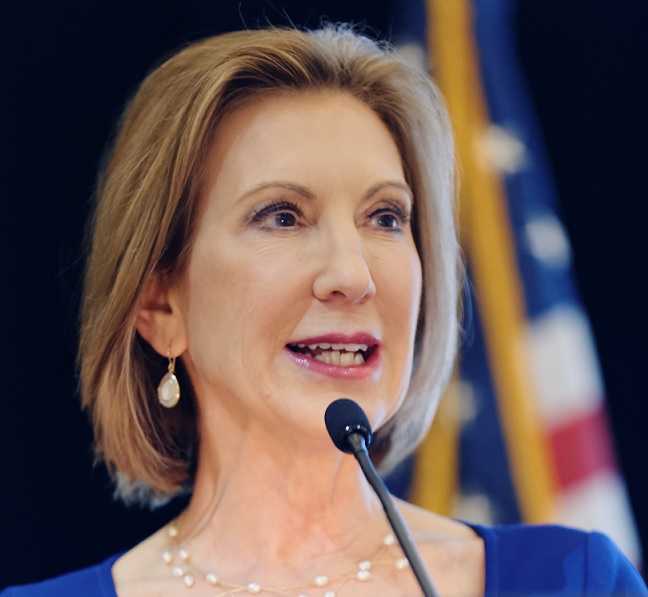

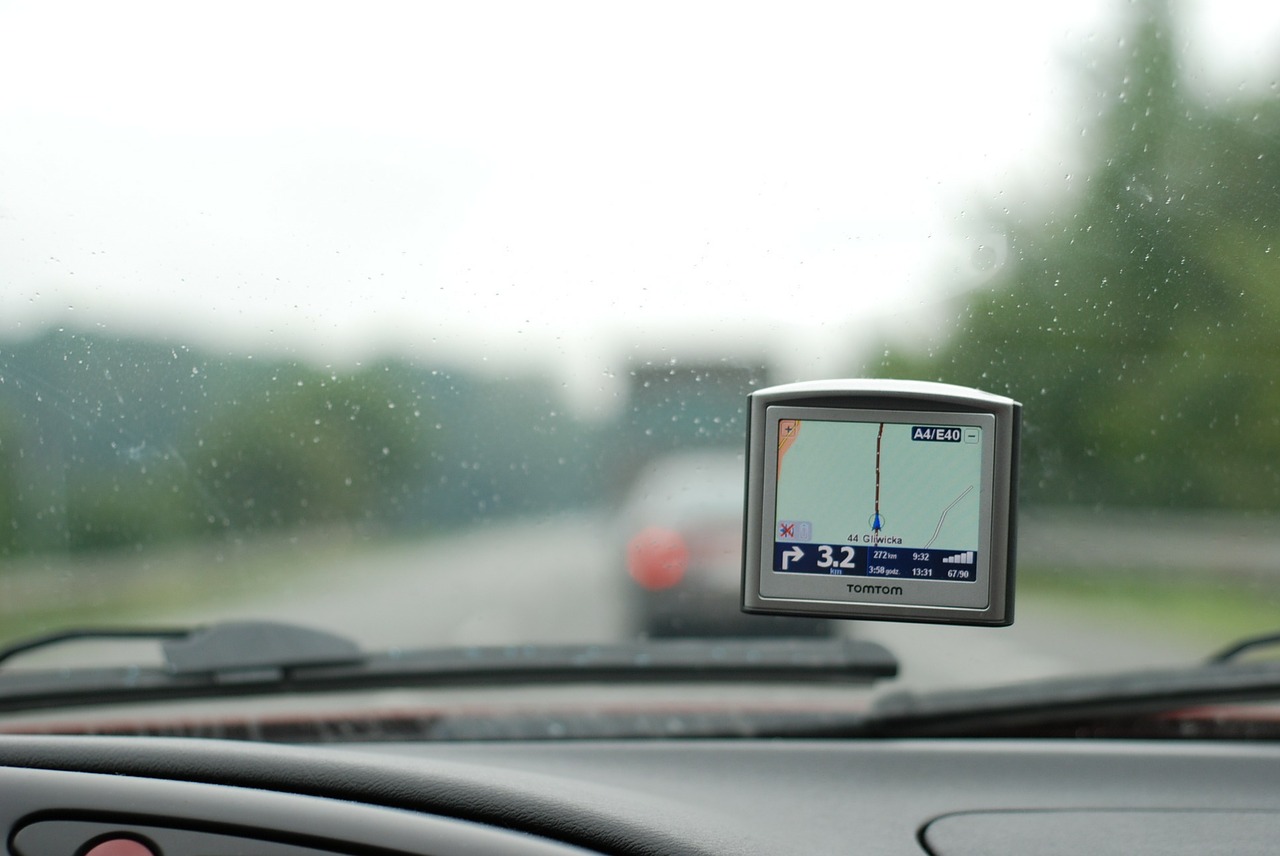 Whether you are a
Whether you are a  What if this happened to you? You prepare a presentation, and then the public speaker before you uses up all the time. What if you only had 6 seconds? Would you give a presentation or would you pick up your marbles and go home?
The public speaking game has changed.The digital age requires speed,
What if this happened to you? You prepare a presentation, and then the public speaker before you uses up all the time. What if you only had 6 seconds? Would you give a presentation or would you pick up your marbles and go home?
The public speaking game has changed.The digital age requires speed, 
 Are you a perfectionist? Get over it. It's killing your presentation. In every
Are you a perfectionist? Get over it. It's killing your presentation. In every 
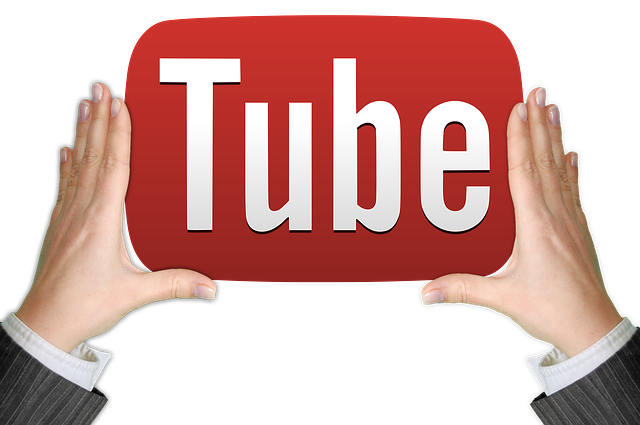 Anthrax isn't the only bacteria we need to worry about. There's a vocal virus that is sweeping the nation.
In the last few days, I've been getting more responses to a video on
Anthrax isn't the only bacteria we need to worry about. There's a vocal virus that is sweeping the nation.
In the last few days, I've been getting more responses to a video on 
 What would you say if you were asked to give a commencement address? You don't have to be famous to
What would you say if you were asked to give a commencement address? You don't have to be famous to 
 We've all been there - the racing heart, the sweating palms, the cotton mouth. Many clients call me because they're nervous or experiencing
We've all been there - the racing heart, the sweating palms, the cotton mouth. Many clients call me because they're nervous or experiencing 

 Do you need a check-up from the neck up? May is Better Speech and Hearing Month and all month I'll be sending you tips on
Do you need a check-up from the neck up? May is Better Speech and Hearing Month and all month I'll be sending you tips on  Do you have a voice? Voice matters. Everyone has a right to express their voice. But you can't do that if you've lost your voice. It's World Voice Day,
a day dedicated to the care of the voice. You use your voice everyday and vocal misuse and abuse are not uncommon. Follow these tips for a healthy voice.
Do you have a voice? Voice matters. Everyone has a right to express their voice. But you can't do that if you've lost your voice. It's World Voice Day,
a day dedicated to the care of the voice. You use your voice everyday and vocal misuse and abuse are not uncommon. Follow these tips for a healthy voice.